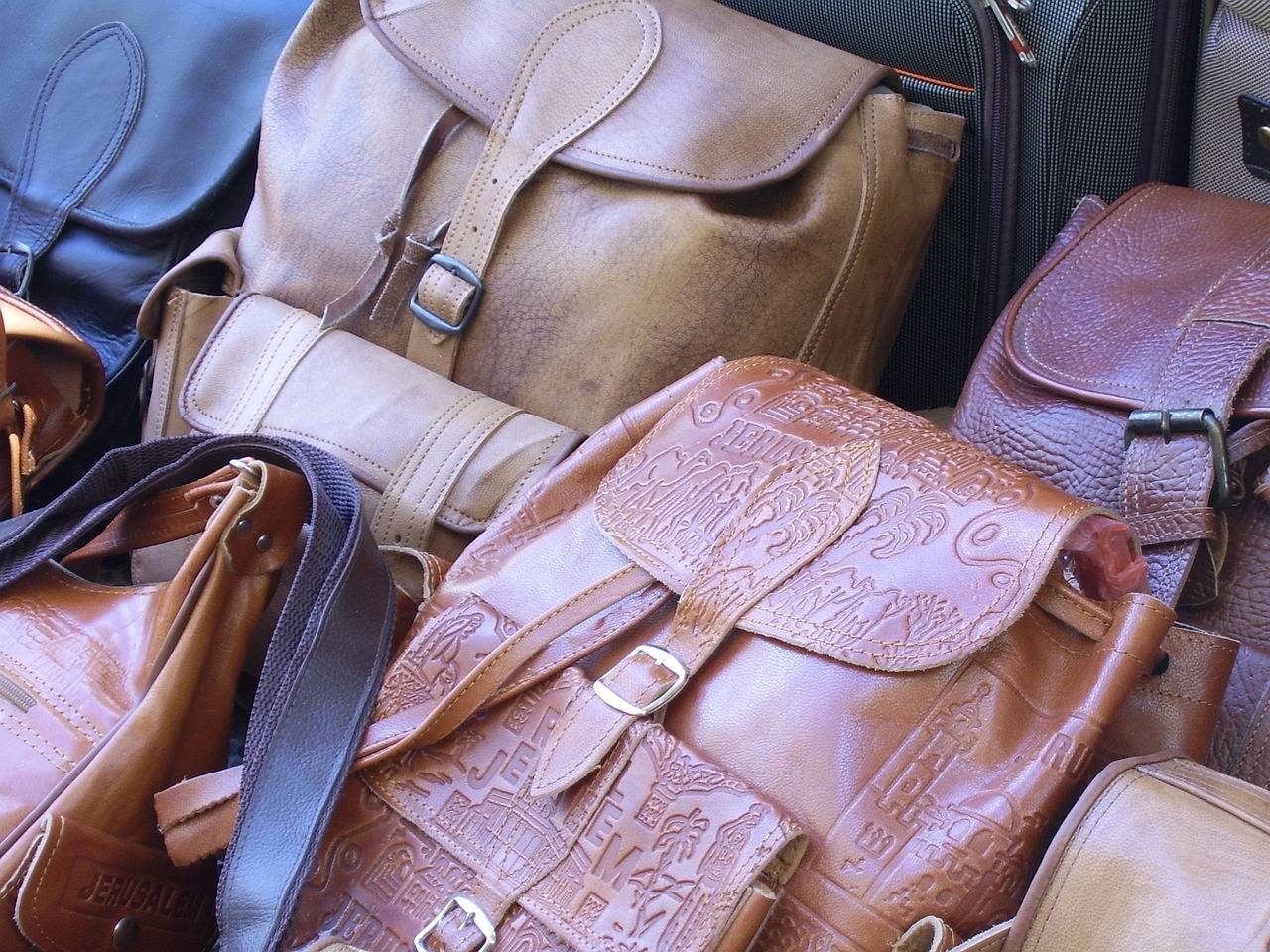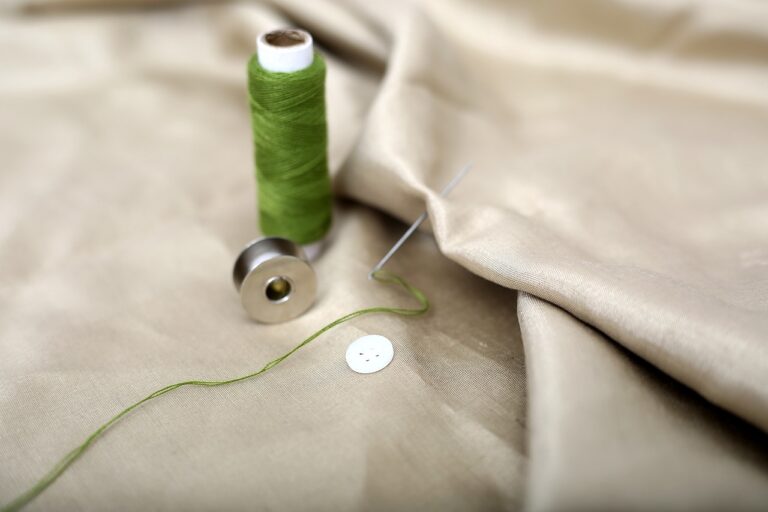Fashion and Sustainability: The Importance of Fair Trade Practices
Fair trade practices in the garment industry have been instrumental in improving the working conditions and livelihoods of garment workers worldwide. By ensuring fair wages, safe working environments, and prohibiting child labor, fair trade initiatives have empowered workers to advocate for their rights and demand better treatment from employers. This has helped to address many of the social injustices that have long plagued the garment industry, leading to increased job satisfaction and overall well-being for workers in this sector.
Moreover, fair trade practices have also fostered a sense of community and solidarity among garment workers, encouraging collaboration and support networks within factories and across different regions. Through fair trade certification programs and partnerships, workers have been able to access training opportunities, healthcare benefits, and resources to further their personal and professional development. This has not only improved the quality of life for individual workers but has also strengthened the collective voice of garment workers in advocating for systemic change within the industry.
Environmental Benefits of Ethical Fashion Production
In the realm of ethical fashion production, a significant focus is placed on minimizing the environmental impact of the manufacturing process. By utilizing sustainable materials and implementing eco-friendly practices, ethical fashion brands contribute to the reduction of harmful emissions and the preservation of natural resources. From using organic cotton to recycled polyester, these conscientious choices not only benefit the environment but also pave the way for a more sustainable future for the fashion industry as a whole.
Furthermore, ethical fashion production emphasizes the reduction of waste through responsible manufacturing practices. By employing techniques such as zero-waste pattern cutting and upcycling, brands are able to minimize the amount of material that ends up in landfills. This not only helps to conserve valuable resources but also reduces the environmental footprint of the fashion industry. Embracing these practices showcases a dedication to sustainability and sets a positive example for other manufacturers to follow suit.





